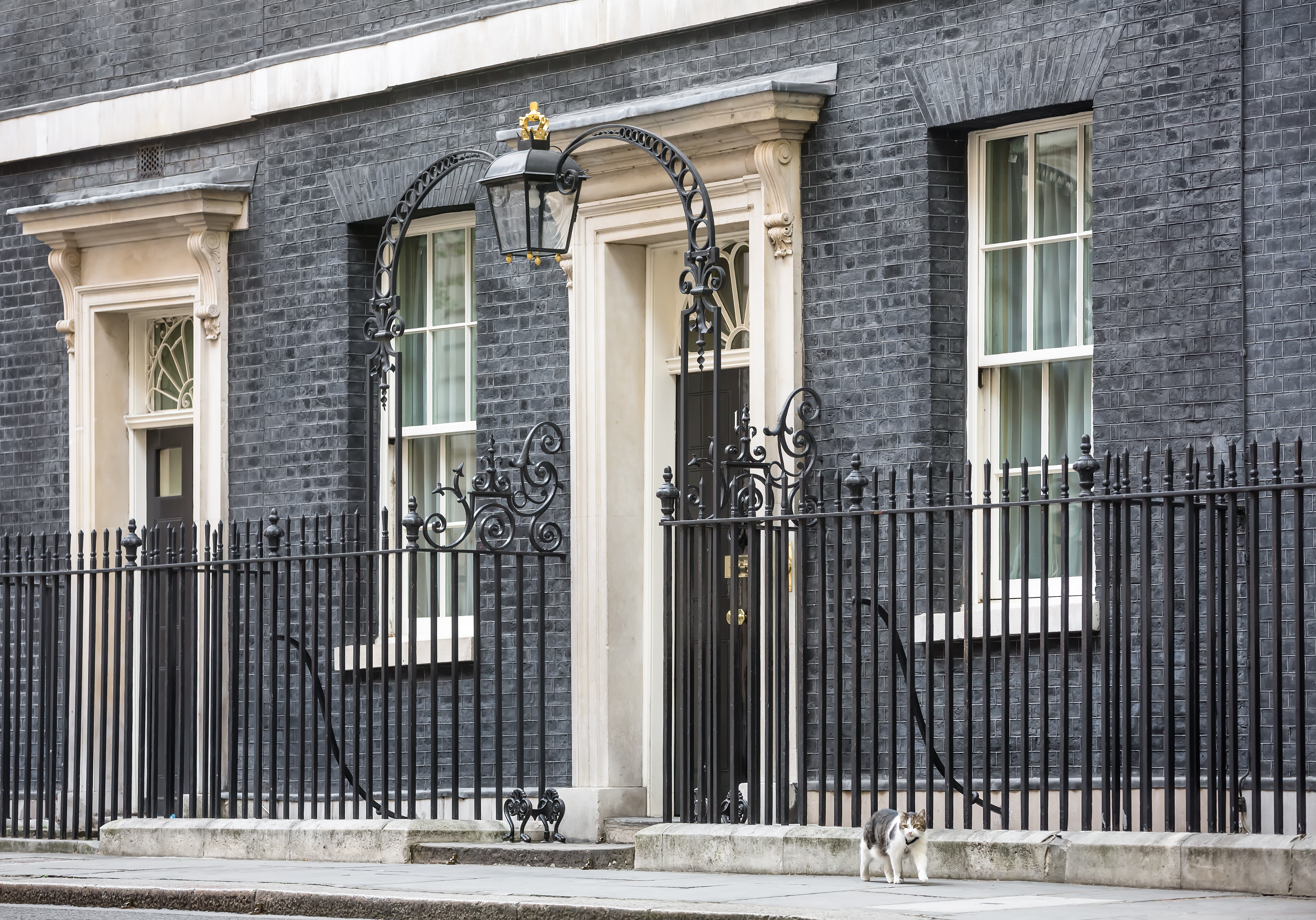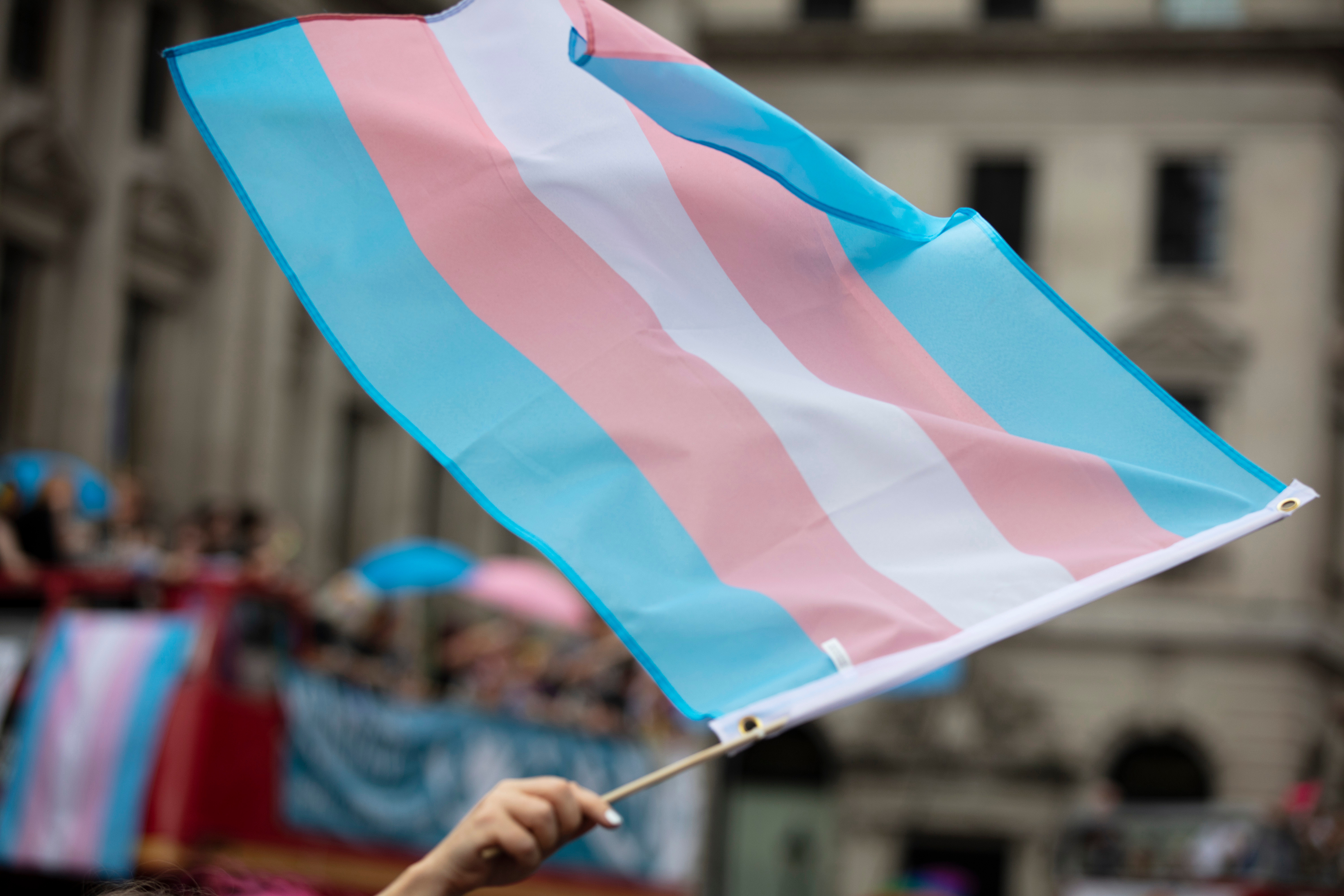By Sofia Diaz
Lasting over an hour long, Rishi Sunak addressed the nation, highlighting key topics from the halt of HS2 leg to Manchester, to a gradual ban on smoking to boon the NHS and even the aim for abandonment of A- and T- levels. Despite these debatable proposals, a subject that caused widespread discourse was Sunak’s opinions on gender identity.
Sunak closed his speech at the Conservative Party conference last week saying “a man is a man and a woman is a woman, it is just common sense” after highlighting that “we shouldn’t get bullied into believing that people can be any sex they want to be.”
Although a spokesperson for the prime minister defended Sunak’s statement, saying it was “a joke aimed at a political opponent rather than a specific group,” many members of the LGBTQAI+ community were appalled by these “outrageous comments.” Sunak was criticised for the ‘direct’ approach of his opinion, which much of the transgender community believed controversially condemned their freedom to choose their identity.

Disapproval of the Conservative leader’s stance towards the trans community has also grown stronger, due to previous allegations of Sunak mocking trans-women’s genitalia after then joking “I’m a big fan of everybody studying maths to 18, but it turns out that we need to focus on biology.” These remarks left much of the trans community, which makes up 0.5% of Britain’s population, feeling unrepresented and unrecognised by the leader of their country. Meg Birchall, Oldham’s first trans councillor, said that she was “sickened” over the Prime Minister’s comments, and also now fears the additional hate and abuse her community may face after ‘normalising’ his viewpoint.
On the contrary, this uncomfortable conversation about gender expression came as a relief to some who frown upon the sensitivity of the media, especially due to social media, who cause distinct opinions to be “bullied.” Therefore, they are attracted to the idea of a leader with set view points, which he will pioneer to achieve, setting him apart from leaders such as Keir Starmer who protests transgender issues becoming “toxic divides” in communities as he says “The Labour Party stands proudly with the trans community.”
This begs the question: Has Sunak’s contentious remarks highlighted a need for unwaved, firmly minded political opinions in government, or simply added further fuel to the British culture war, which continues to divide today’s society?
